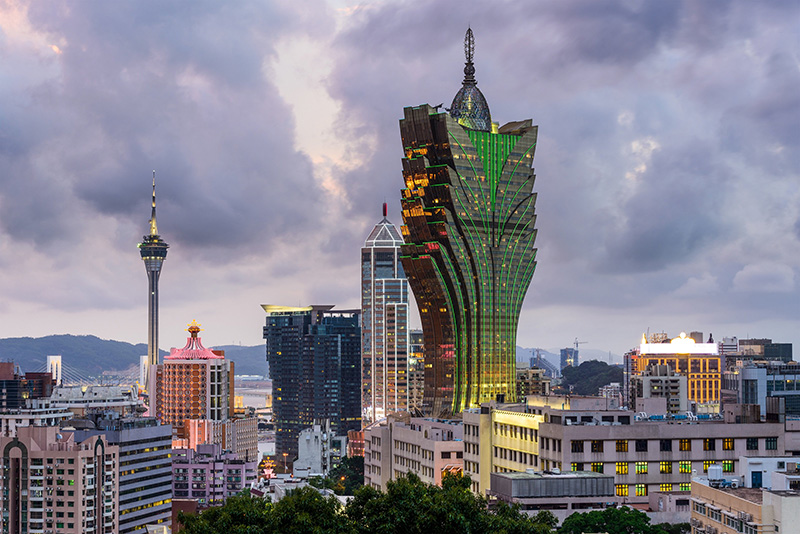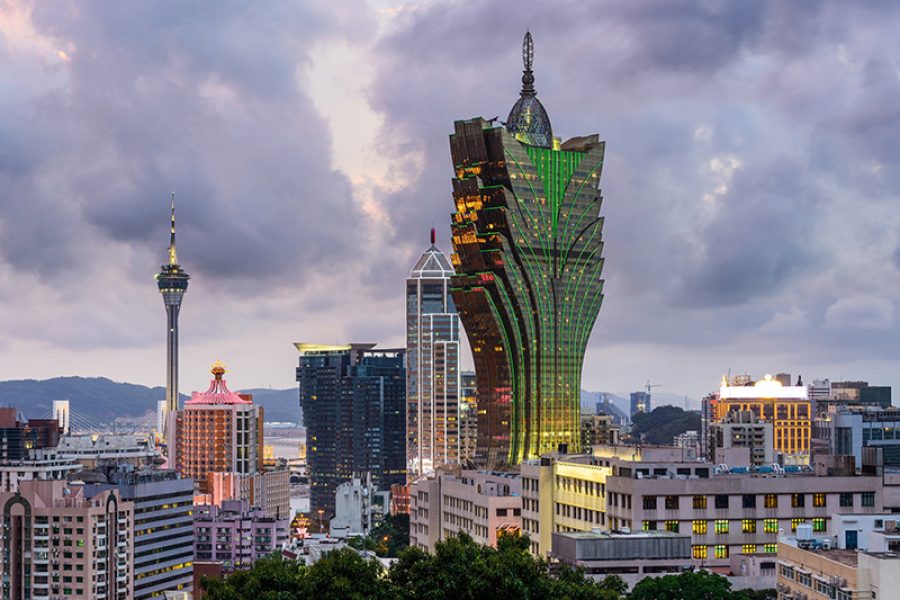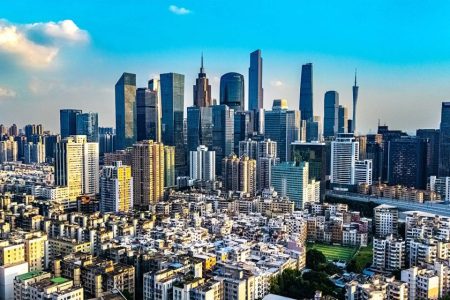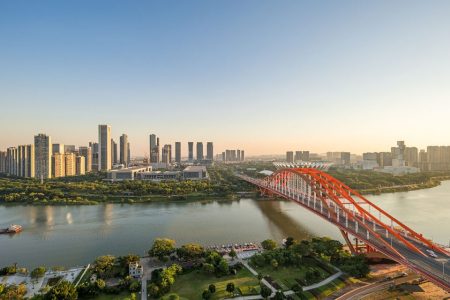A conservative US think tank has given Macau top marks for its “fiscal health.”
In its 2019 Index of Economic Freedom report, the Washington-based Heritage Foundation (HF) has given Macau 100.0 on its index for “fiscal health” – the same ranking as Hong Kong. Taiwan was given 91.6, while mainland China’s amounted to 76.0 and Singapore’s to 80.0.
The report, which was released last week, points out that Macau’s overall tax burden equals 25.0 percent of total domestic income, while over the past three years the local government’s expenditure has amounted to 17.9 percent of GDP and budget surpluses have averaged 12.6 percent of GDP.
Macau “public debt is equivalent to 0.0 percent of GDP”, the report underlined. Hong Kong’s public debt is equivalent to 0.1 percent of GDP. In mainland China and Taiwan public debt is equivalent to 47.8 and 35.2 percent of GDP respectively.
The report put Macau’s “economic freedom” score at 71.0, making its economy the 34th “freest” globally in the 2019 index, ranking among the world’s “mostly free” economies which include the world’s major economic powers such as the US, Japan, Germany, and the UK.
“Its overall score has increased by 0.1 point, with higher scores for monetary freedom and tax burden exceeding a decline in the score for government integrity,” the report said.
Macau is ranked 9th among 43 countries and territories in the Asia-Pacific region, “and its overall score is above the regional and world averages,” the report said.
Globally and in the Asia-Pacific region, Hong Kong, Singapore and New Zealand are ranked first, second and third respectively.
Taiwan is ranked fifth and mainland China 20th in the Asia Pacific region, while Sri Lanka is ranked 25th, the last in the region’s ranking.
Globally, Macau is ranked 34th among the 180 countries and territories ranked by the index. Cuba, Venezuela and North Korea are ranked 178th, 179th and 180th respectively. North Korea’s fiscal health is ranked 0.0.
Portugal, which ruled Macau for four centuries until the territory’s reversion to Chinese administration in 1999, is ranked 62nd globally, among the world’s “moderately free” economies.
Six countries are not ranked in the 2019 index: Iraq, Libya, Liechtenstein, Somalia, Syria, and Yemen.
The HF report says that challenges to Macau’s “booming casino industry include money-laundering risks and the need to diversify the economy and reduce dependence on gaming revenue.”
According to the report, gaming-related taxes account for about 80 percent of government revenues and high-rollers still account for more than half of gambling revenue, “but attracting more middle-class visitors is crucial to future growth.”
The report notes that “there is a paucity of attractions for non-gambling tourists, and government efforts to encourage economic diversification face formidable constraints.”
The report underlines that “although private ownership of property and contractual rights are well established, about 20 percent of land lacks clear title,” adding that Macau’s rapid economic expansion “has left the judiciary understaffed,” while “public protests against a range of issues such as corruption, favouritism, and nepotism have increased in recent years.”
According to the report, while Macau’s overall regulatory environment is relatively transparent and efficient… the economy lacks a dynamic and broad-based labour market”.
The report also points out that “monetary stability has been relatively well maintained, but generous government subsidies for households, students, and the elderly increased in 2018.”
On the external trade front, the report notes that Macau’s combined value of exports and imports is equal to 111.4 percent of GDP, while the average applied tariff base is 0.0 percent.
As of June last year, according to the World Trade Organisation (WTO) as cited by the report, Macau had 31 non-tariff measures in force.






